Yeah, I had him pegged early on as either ex-military or former SWAT. So I was right on that part too. Guy knew exactly what he was doing. The attack was too well executed and planned and staged and possibly even coordinated. His defensive positioning and site preparation must have been impressive to employ the robot with an explosive. It probably wasn’t just to kill him but to trigger potential IEDS, prepared bombs, booby traps, and excess ammo as well. Plus until the actually got into his nest they could not have known/verified he was actually alone.
Then the robot could also do a post explosion assessment/sweep for traps and additional suspects prior to human penetration.
Yeah, that makes a lot more sense now. The robot and the explosives. Bad all the way around, but I get the logic. Especially if they had prior Intel from the negotiations or profile/personnel/background research.
We’ll have to see about any other suspects.
“There is one other possibility too, which might sound crazy but I’ve seen crazier.“
See link for maps and videos
By Tim Madigan, William Wan and Mark Berman July 8 at 2:53 PM
Here’s what we know so far about the Dallas shooting Play Video1:57
DALLAS — Five Dallas police officers were killed and seven others wounded Thursday night when sniper fire turned a peaceful protest over recent police shootings into a scene of chaos and terror.
The gunfire was followed by a standoff that lasted for hours with a suspect who told authorities “he was upset about the recent police shootings” and “said he wanted to kill white people, especially white officers,” according to Dallas Police Chief David Brown. The gunman was killed when police detonated a bomb-equipped robot.
After the bloodshed — the deadliest single day for law enforcement officers since the Sept. 11, 2001 attacks — authorities said one attacker was dead, three potential suspects were in custody and police were still investigating who may have been involved in the attack.
Dallas shooting updates
News and analysis on the deadliest day for police since 9/11.
Sign up
“We are heartbroken,” Brown said during a news conference Friday. “There are no words to describe the atrocity that occurred to our city.”
The eruption of violence at around 9 p.m. occurred during a calm protest over recent police shootings in Minnesota and Louisiana, with similar demonstrations occurring in cities across the country. As a barrage of gunfire ripped through the air, demonstrators and police officers alike scrambled. Dallas Mayor Mike Rawlings told CBS News that in addition to the police officers, two other people were wounded by gunfire, though their conditions were not immediately known.
[What we know about the attack on police in Dallas]
‘Somebody’s armed to the teeth’: Social videos show shooting in Dallas Play Video2:37
Police have not officially released the identity of the attacker who said he was upset by police shootings, but a senior U.S. law enforcement official familiar with the probe identified him as Micah Xavier Johnson, 25, who is believed to be from the Dallas area. Johnson did not appear to have any ties to international terrorism, the official said.
Johnson deployed to Afghanistan with the U.S. Army from November 2013 through July 2014 and was in the Army Reserve from 2009 until last year. Army records show that Johnson, whose home was listed as Mesquite, Tex., had served with an engineering brigade before he was sent to Afghanistan. He did not have a combat job and was listed as a carpentry and masonry specialist.
There are no immediate indications that the attack was related to terrorism, international or domestic, according to a second federal law enforcement official, who asked not to be identified discussing an ongoing probe.
Attorney General Loretta E. Lynch said Friday that federal officials including the FBI and Bureau of Alcohol, Tobacco and Firearms were working with local law enforcement to help investigate the attack.
“This has been a week of profound grief and heartbreak and loss,” Lynch said. Noting that the attack in Dallas happened during a protest sparked by police shootings, she added: “After the events of this week, Americans across our country are feeling a sense of helplessness, uncertainty and fear … but the answer must not be violence.”
[Man falsely connected to the shooting by Dallas police is now getting ‘thousands’ of death threats]
The slain police included four Dallas police officers and one Dallas Area Rapid Transit (DART) officer. While police said they were killed by “snipers” perched atop “elevated positions” and initially said there were two snipers, it was unclear Friday how many attackers were involved.
For hours after the assault, police were locked in a standoff with Johnson after he was cornered on the second floor of a building downtown. Police exchanged gunfire with him and negotiated with him, but those discussions broke down, Brown said.
In those conversations, Brown said the suspect told police that “he was upset about Black Lives Matter” and angered by the police shootings in Louisiana and Minnesota that dominated national news this week after officers in both places fatally shot black men. He also said he was not involved with any groups and acted alone, the police chief said.
Authorities currently believe that he was the lone shooter, although have not completely ruled out the involvement of others, said Philip Kingston, a Dallas City Councilman who represents the downtown district. “The shooter’s own statement apparently was that he had acted alone,” Kingston said around midday on Friday.
During the standoff, Johnson also told authorities that “the end is coming” and spoke about bombs being placed downtown, though no explosives had been found by Friday.
[Dallas police Chief David Brown lost his son, former partner and brother to violence]
Ultimately, Brown said police had no other option but to place an explosive device on their bomb robot and send it to the suspect, who was killed when the bomb detonated.
During remarks at a prayer vigil on Friday afternoon, Brown said that “this was a well-planned, well-thought-out evil tragedy by these suspects,” adding: “And we won’t rest until we bring everyone involved to justice.”
Names of the slain officers began to emerge Friday, beginning with Brent Thompson, a 43-year-old transit police officer and Patrick Zamarripa, a 32-year-old police officer who served three tours in Iraq with the U.S. military.
The Dallas transit agency identified three of its officers who were injured but are expected to survive.
“As you can imagine, our hearts are broken,” the agency said in a statement. “We are grateful to report the three other DART police officers shot during the protest are expected to recover from their injuries.”
These three officers were named as Omar Cannon, 44; Misty McBride, 32; and Jesus Retana, 39. Tela Strickland, McBride’s 14-year-old cousin, reacted with “shock” to news that her relative was shot in the stomach and shoulder.
“I am so tired of seeing shootings in the news,” she told The Post. “When you see your own family in the news, it’s heartbreaking.”
Follow
dartmedia @dartmedia
DART grieving the loss of Ofc Brent Thompson, 43, killed during Thurs protest. First DART officer killed in line of duty. Joined DART 2009.
3:00 AM – 8 Jul 2016
1,924 1,924 Retweets 1,296 1,296 likes
Even as people were still trying to hide or shelter in place after the gunfire, videos began to circulate on social media showing some of the bloodshed.
One video showed a person with an assault-style rifle shoot a police officer in the back at point-blank range. In the footage, a gunman is seen running up behind an officer moving behind a pillar and firing at his back. The officer is seen falling to the ground. It is unclear if the officer survived.
Eyewitness video: Dallas gunman shoots police officer Play Video1:47
Brown had said during one briefing that he was not sure if there were more suspects at large. On Friday, Brown said he would not go into any detail on other suspects until authorities get further into their investigation.
“We’re not expanding on who and how many,” he said. “We’re going to keep these suspects guessing.”
[Killings and racial tensions commingle with divided and divisive politics]
At one point, Brown had said he believed four suspects were “working together with rifles triangulated at elevated positions at different points in the downtown area” where the march was taking place.
“Suspects like this just have to be right once … to snipe at officers from elevated position and ambush them from secret positions,” Brown said Friday. He added that despite the danger, officers “with no chance to protect themselves … put themselves in harm’s way to make sure citizens can get to a safe place.”
Two possible suspects were seen climbing into a black Mercedes with a camouflage bag before speeding off, police said. They were apprehended in the Oak Cliff neighborhood of Dallas. A third possible suspect, a woman, was taken into custody near a garage where the attacker who exchanged gunfire with police wound up.
Brown said it was unclear if any of the suspects were somehow connected to the protest. He added that detectives were investigating that possibility.
“All I know is this must stop, this divisiveness between our police and our citizens,” he said.
[Police nationwide order officers to ride in pairs after Dallas police ambush]
On Friday, Rawlings, the mayor, said that he believed the country had to honestly confront racial discrimination.
“We will not shy away from the very real fact that we as city, as a state, as a nation are struggling with racial issues,” he said during a prayer vigil.
After the shooting in Dallas, police officers and agencies across the country offered their condolences and took steps to protect their officers.
Police chiefs in Washington, Los Angeles County, Boston, Nassau County and St. Louis also had instructed their patrol officers to pair up, as did officials in Las Vegas, where two officers were gunned down in an ambush while eating lunch in 2014, and New York, where two officers were killed in another ambush that same year.
Terry Cunningham, the president of the International Association of Chiefs of Police and the chief of police in Wellesley, Mass., said Friday, that officers nationwide “really are going to have to have vigilance. Any traffic stop, at any time, can be deadly. I don’t know what this means. I don’t know if this means more violence perpetrated toward law enforcement as a result of this.”
Officials in Tennessee said Friday that they believed a man who opened fire on a parkway there before exchanging gunshots with police may have been prompted by concerns over encounters involving police and black Americans.
The Tennessee Bureau of Investigation said that Lakeem Keon Scott, 37, the suspected shooter in that case, had killed one woman driving in her car, wounded two other people and shot a Bristol, Tenn., police officer in the leg before officers shot and wounded him.
“Preliminarily, the investigation reveals Scott may have targeted individuals and officers after being troubled by recent incidents involving African-Americans and law enforcement officers in other parts of the country,” the agency said in a statement. They added that there was no current safety threat to the area and that the investigation suggested that Scott had worked alone.
[Minn. governor says race played role in fatal police shooting during traffic stop]
The mass shooting in Dallas comes amid intense scrutiny of police officers and how they use deadly force, an issue that returned to prominence in the news this week after videos circulated of a fatal shooting in Baton Rouge, La., and the aftermath of another in Minnesota. On Tuesday morning, Alton Sterling was fatally shot by police in Baton Rouge; less than 48 hours later, Philando Castile was fatally shot by an officer in Minnesota.
President Obama, who after arriving in Warsaw discussed how troubling the events in Minnesota and Louisiana were, spoke about the Dallas attack and said there was “no possible justification” for the shooting in the city.
“I believe that I speak for every single American when I say that we are horrified over these events,” Obama said.
He called on Americans to “profess our profound gratitude to the men and women in blue” and to remember the victims in particular.
“Today, our focus is on the victims and their families,” Obama said. “They are heartbroken, and the entire city of Dallas is grieving. Police across America, which is a tight-knit family, feels this loss to their core.”
Officials across the country expressed their grief for those killed in Dallas.
“I mourn for the officers shot while doing their sacred duty to protect peaceful protesters, for their families [and] all who serve with them,” Hillary Clinton, the presumptive Democratic nominee for president, wrote in a message on Twitter. Her likely Republican opponent, Donald J. Trump, called the shooting “a coordinated, premeditated assault on the men and women who keep us safe.”
Amidst protests, police heroics
Stories of heroism emerged along with tales of horror. Several people said officers helped save them, including one man who said an officer pushed him out of the way as shooting began. Bystanders captured footage of cops dragging fallen comrades out of the line of fire. Cameras also captured police officers choking back tears for their fallen colleagues. One officer appeared to brace himself against his SUV as grief overcame him.
“So many stories of great courage,” Brown said.
Dallas Police respond after shots were fired at a Black Lives Matter rally in downtown Dallas on Thursday, July 7, 2016. Dallas protestors rallied in the aftermath of the killing of Alton Sterling by police officers in Baton Rouge, La. and Philando Castile, who was killed by police less than 48 hours later in Minnesota. (Smiley N. Pool/The Dallas Morning News)
Rawlings said it was “a heartbreaking morning” and called for unity.
“We as a city, we as a country, must come together and lock arms and heal the wounds we all feel,” he said.
As in other cities across the country, protesters gathered in downtown Dallas just before 7 p.m. for a march from Belo Garden Park to the Old Red Courthouse.
For nearly two hours, hundreds of demonstrators had marched through Dallas, at one point passing near a memorial plaza marking the site of President John F. Kennedy’s 1963 assassination in the city.
[Dallas witness: ‘Everybody seemed happy. And then, all of a sudden — the shots rang out.’]
Stanley Brown, 19, was near El Centro, a community college in downtown, when the shooting began.
“You could hear the bullets whizzing by our car and hitting the buildings. A bullet missed our car by six feet,” he said. “We pulled into a garage and got out of our car, and the bullets started hitting the walls of the garage.”
Brown ran around the corner of a building to take cover, only to see a gunman running up the street.
“He was ducking and dodging, and when police approached, he ducked into El Centro,” he said.
He saw a SWAT team rush the college building, enabling five people to escape.
“An officer looked back at us and yelled that it was a terrorist attack,” he said.
Lynn Mays said he was standing on Lamar Street when the shooting began.
“All of a sudden we started hearing gunshots out of nowhere,” he told the Dallas Morning News. “At first we couldn’t identify it because we weren’t expecting it, then we started hearing more, rapid fire. One police officer who was standing there pushed me out the way because it was coming our direction…. Next thing you know we heard ‘officer down.’”
Undercover and uniformed police officers started running around the corner and “froze,” Mays said. “Police officers started shooting in one direction, and whoever was shooting started shooting back.
“And that’s where the war began.”
Wan and Berman reported from Washington. Greg Jaffe in Warsaw and Michael E. Miller, Travis M. Andrews, Adam Goldman, Katie Mettler, Ben Guarino, Mary Hui, Tom Jackman, Peter Hermann and Thomas Gibbons-Neff in Washington contributed to this report.
Dallas
Read more:
Two years after Ferguson, fatal shootings by police are up
The Post’s database of fatal police shootings
The Dallas sniper attack was the deadliest event for police since 9/11





























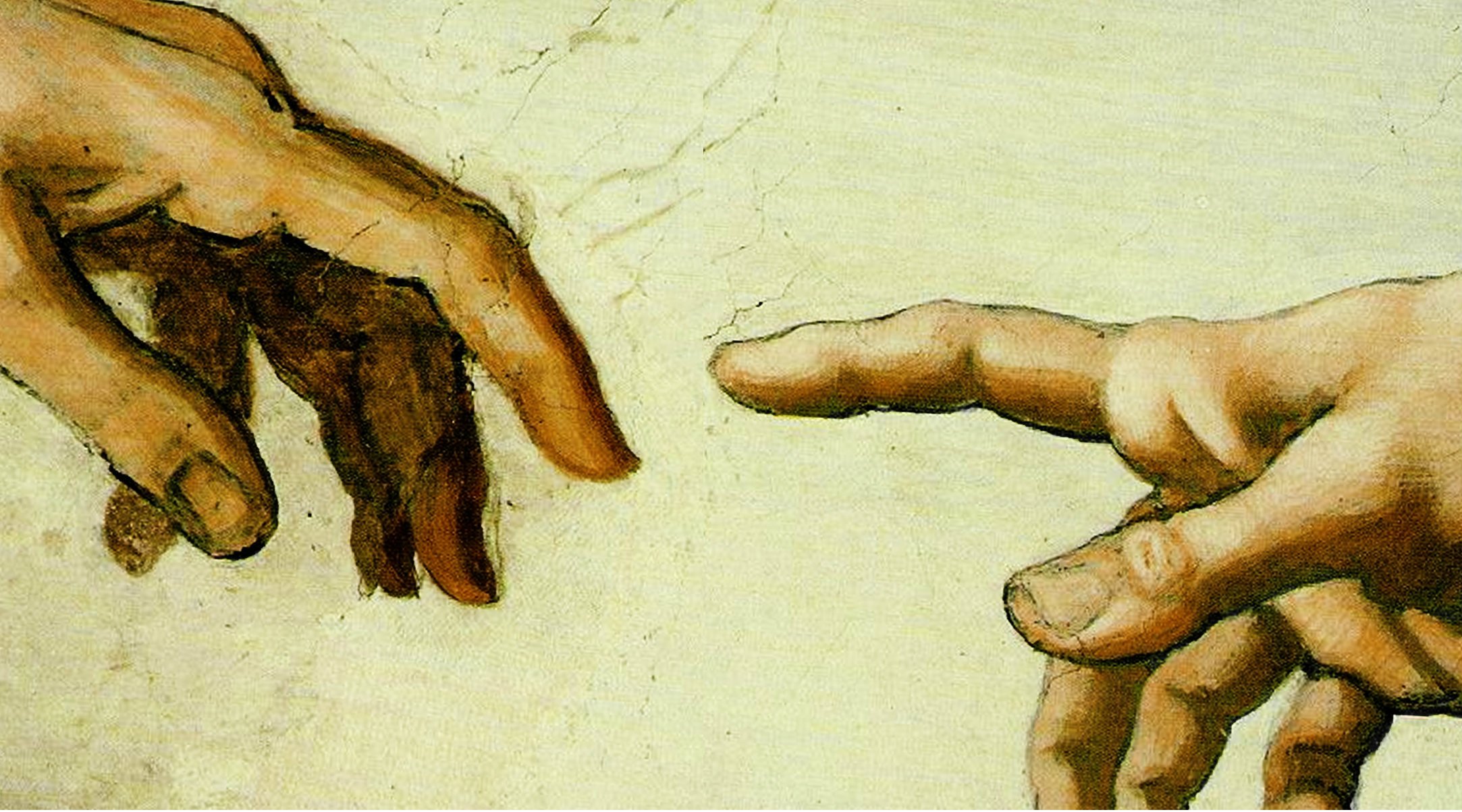
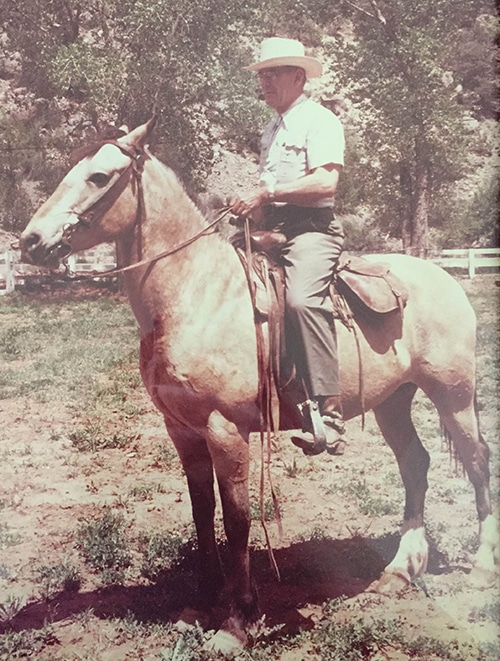
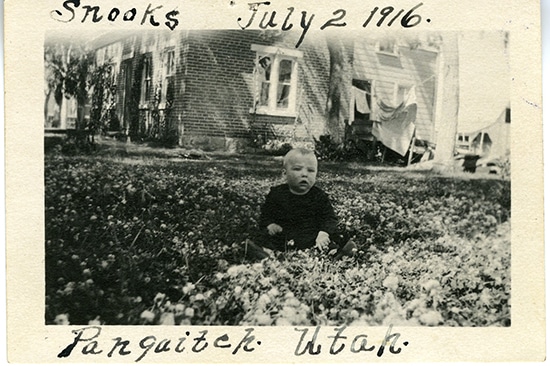
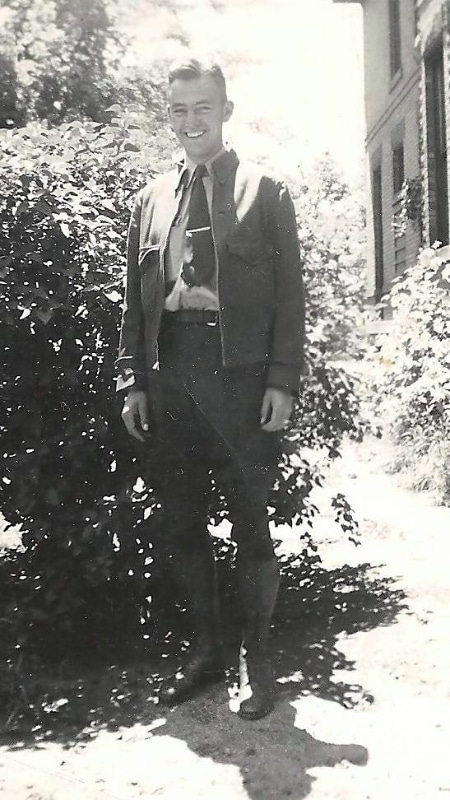
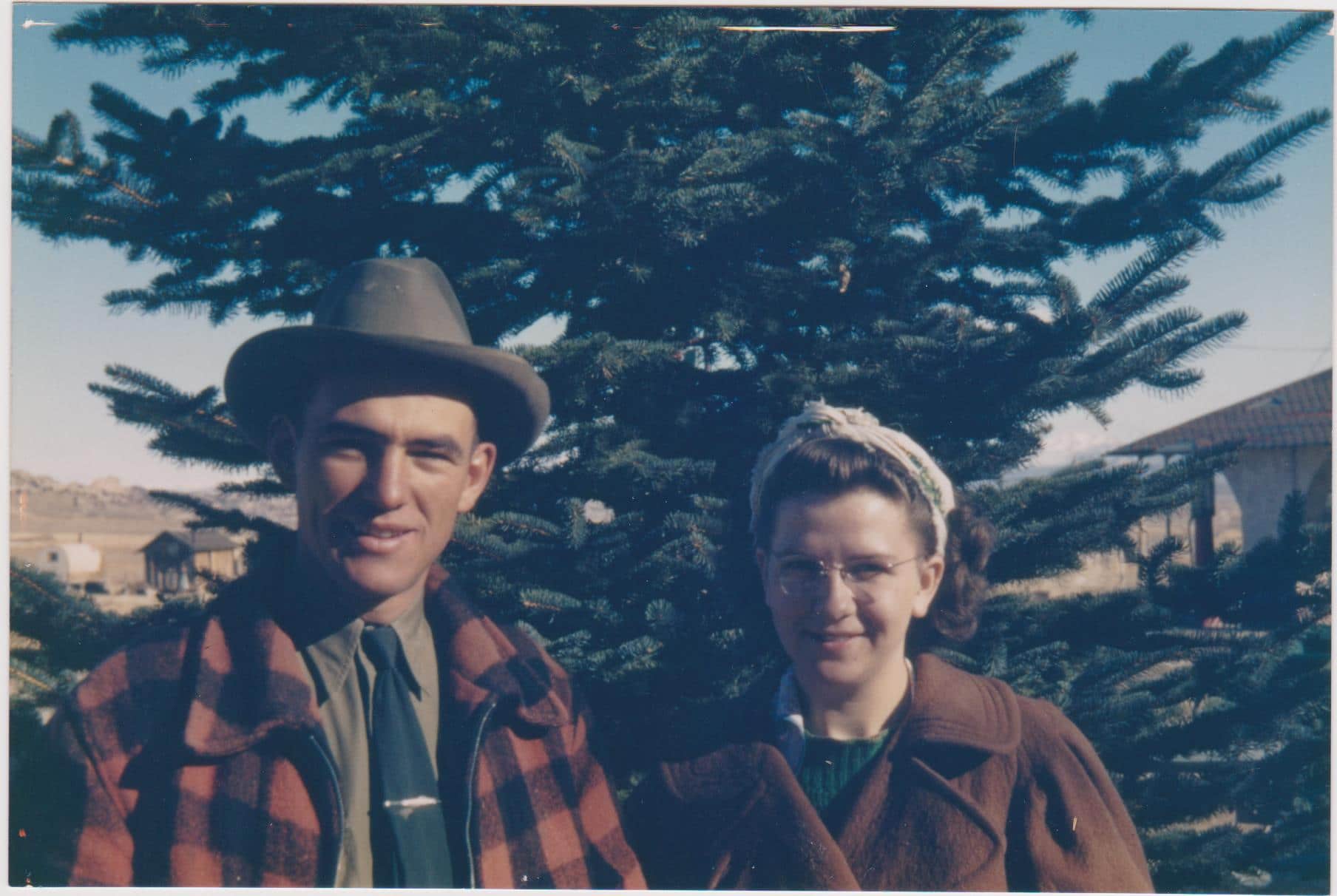
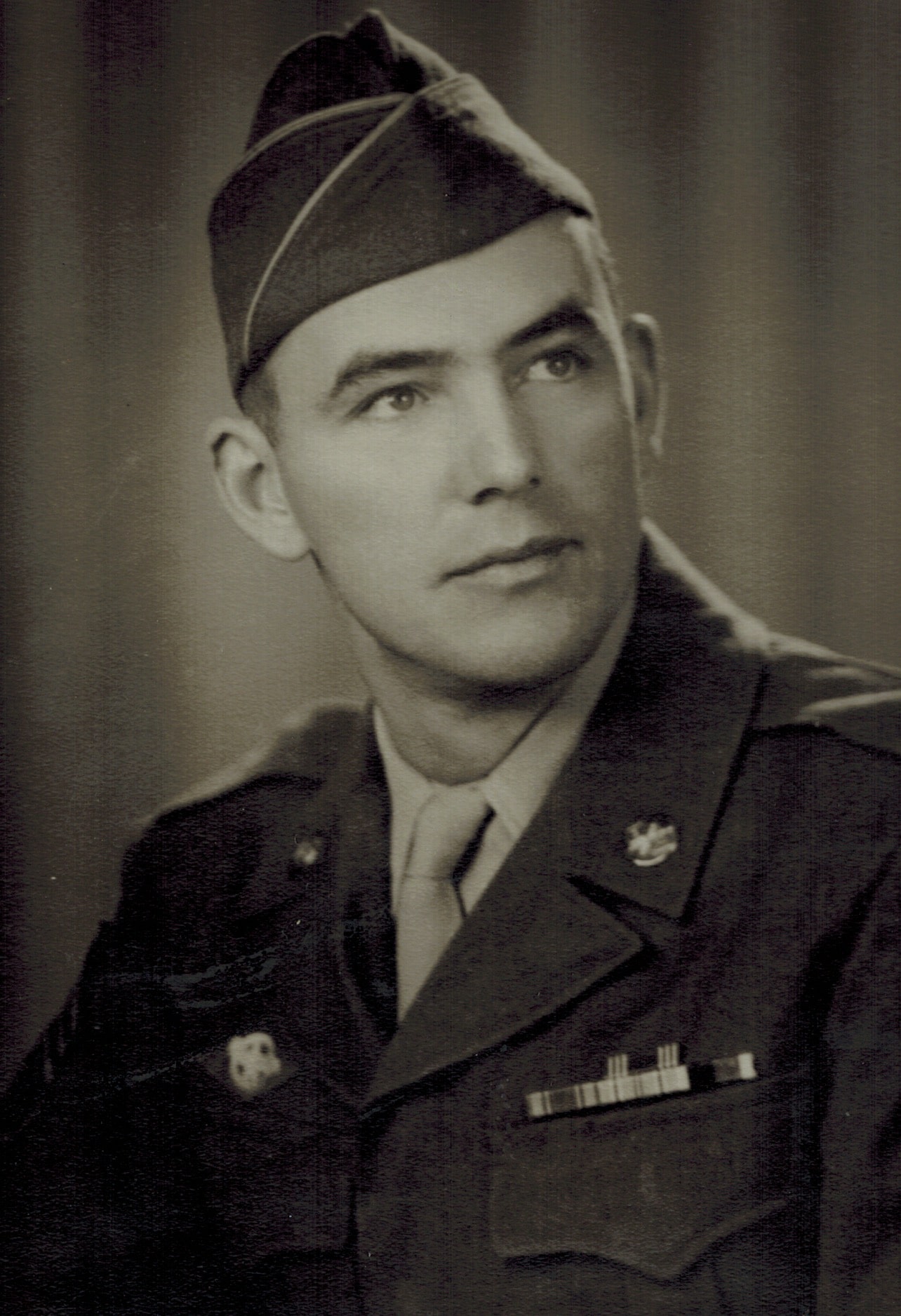

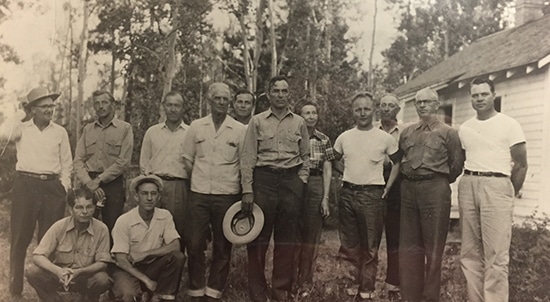

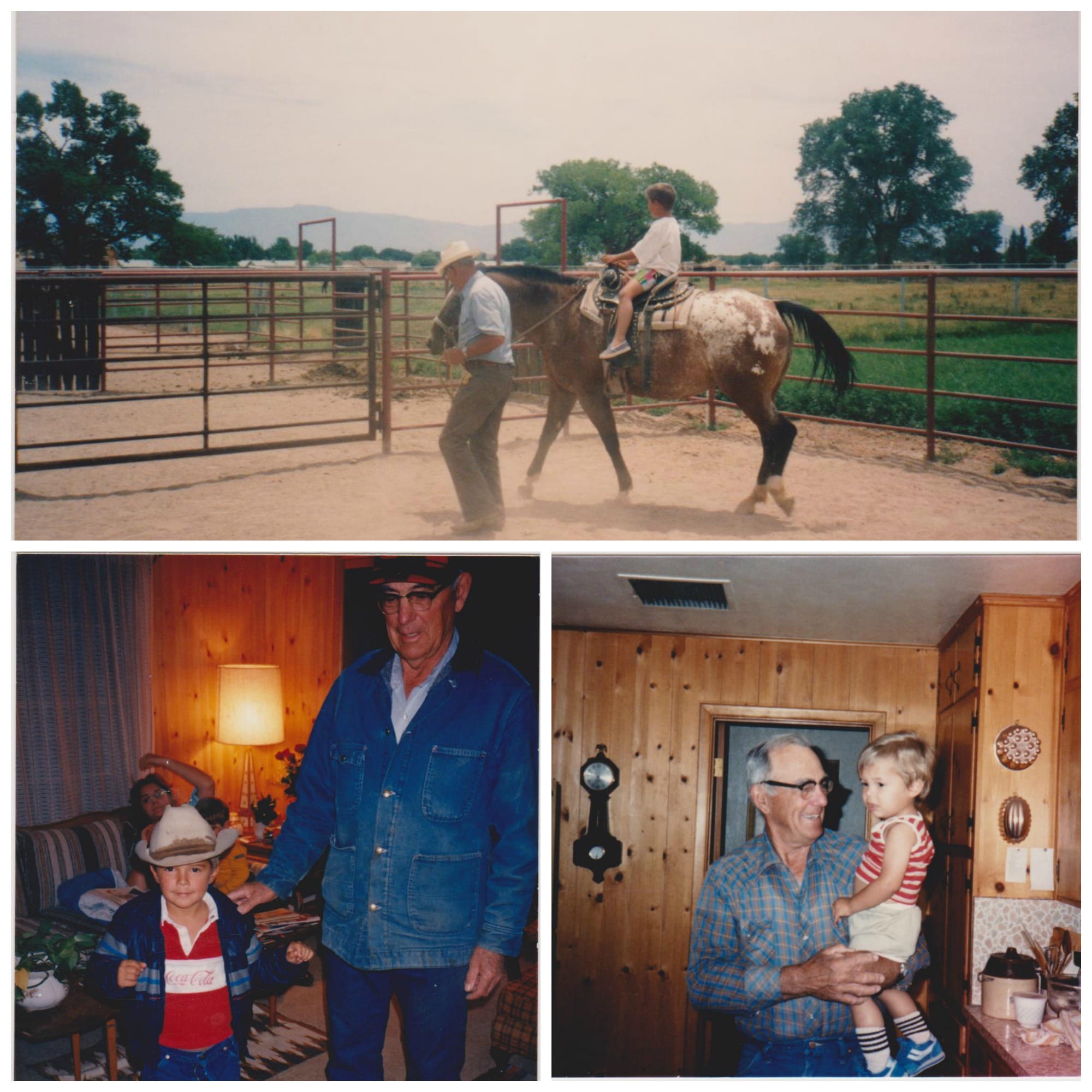
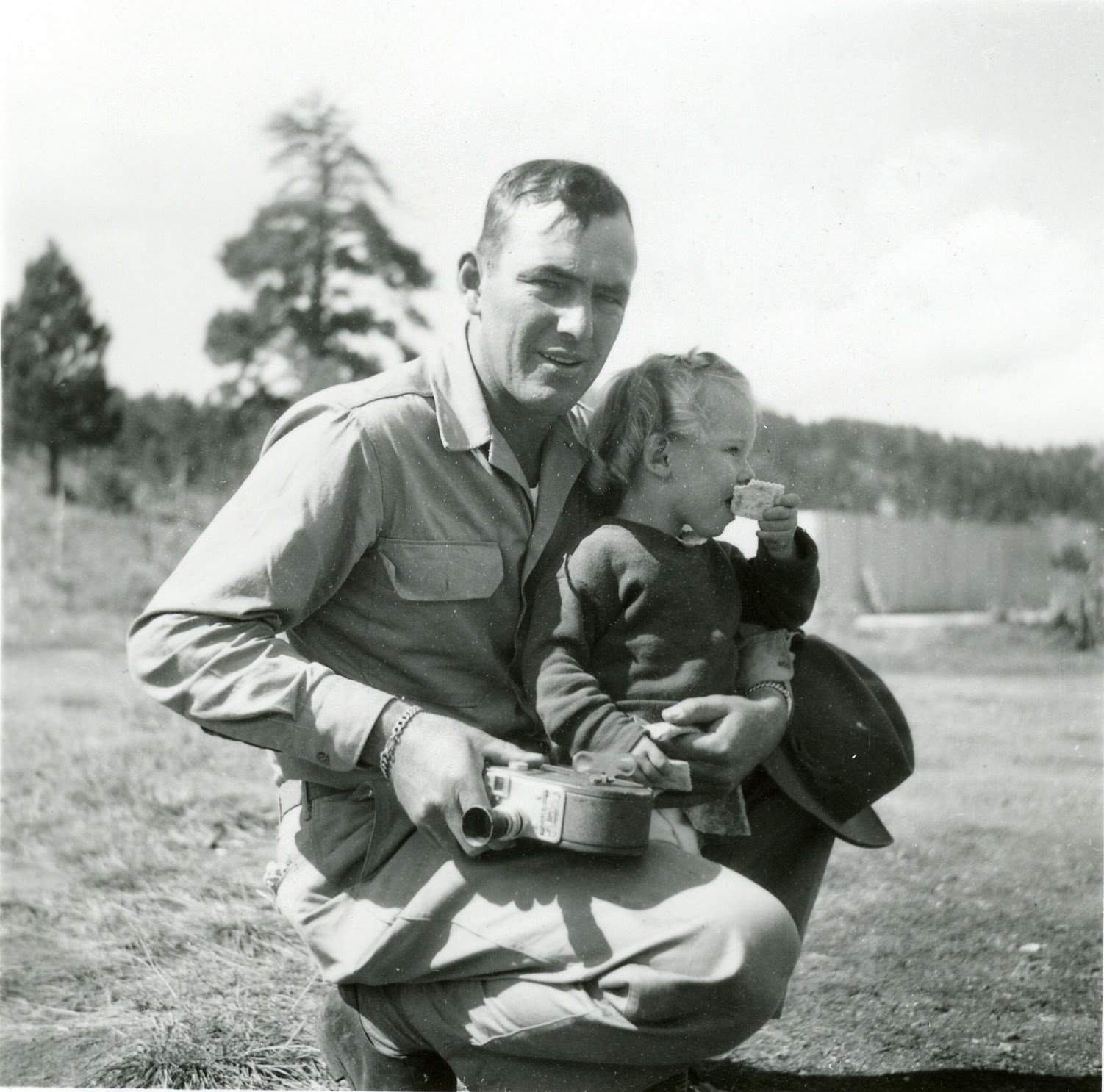
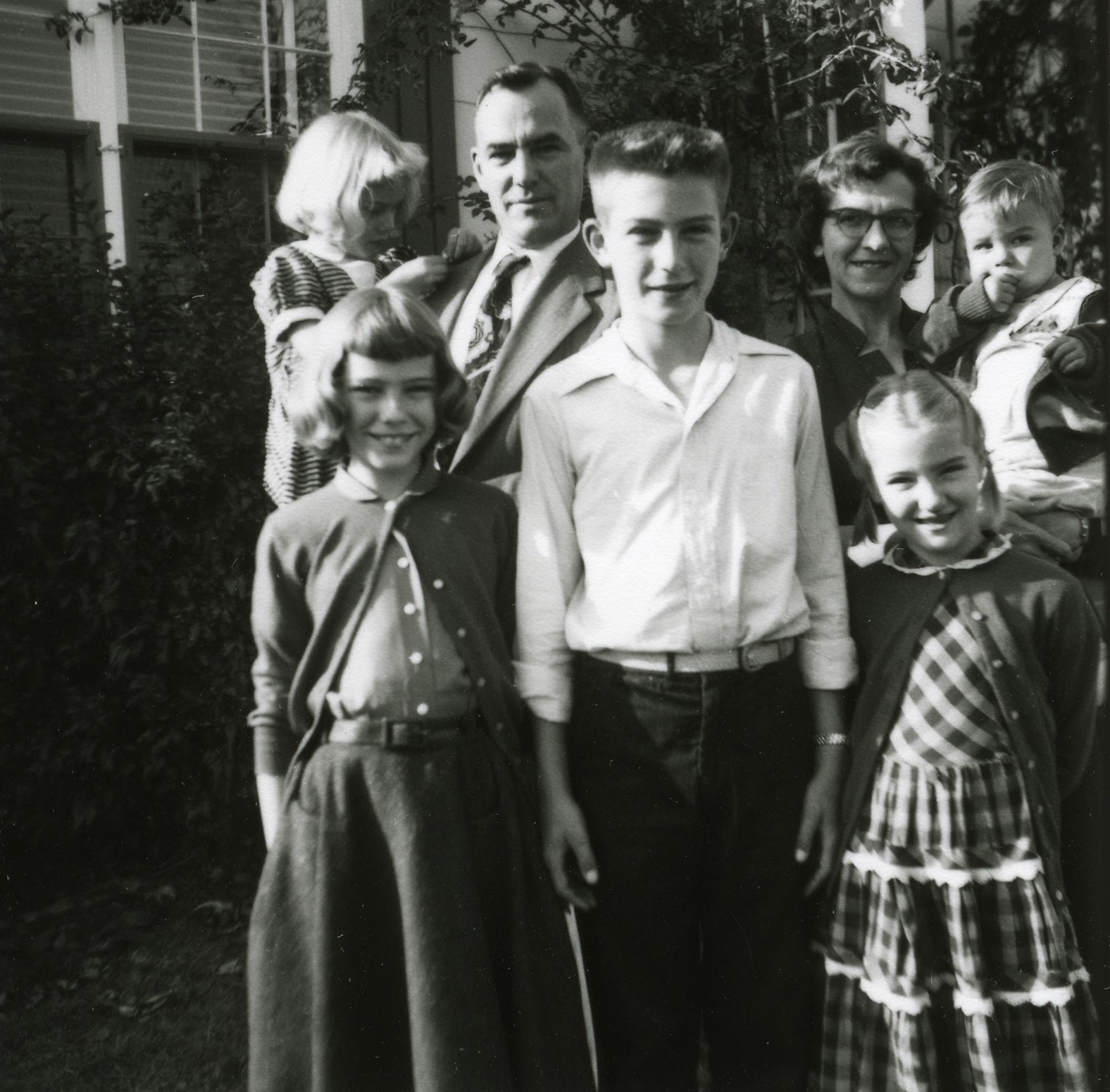

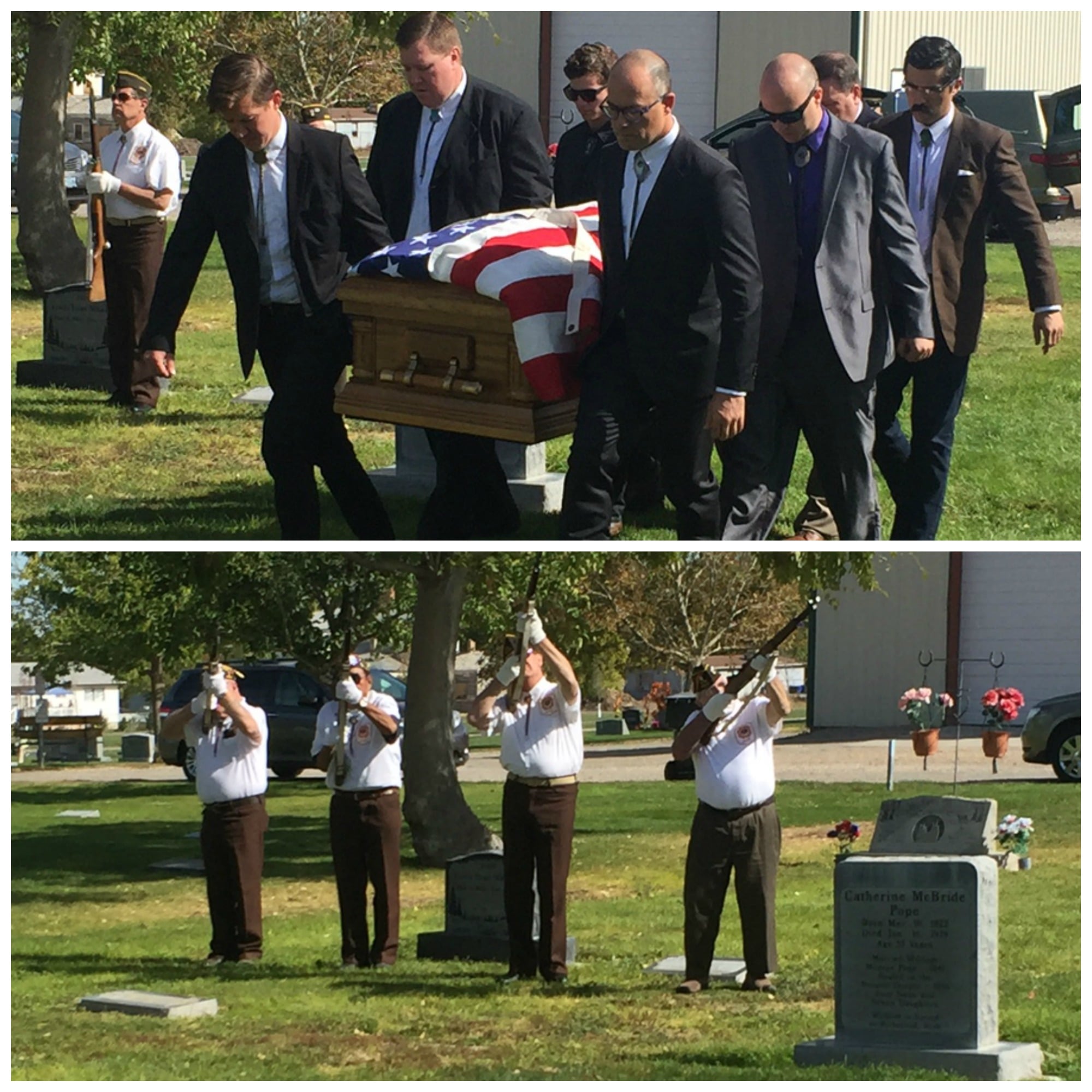

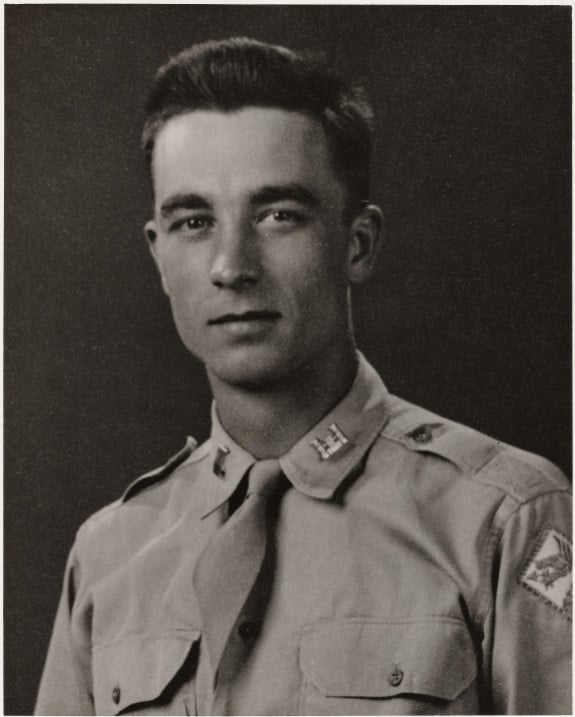
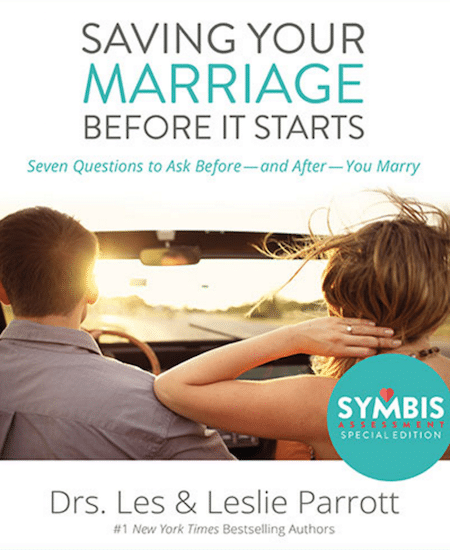

 Philandro Castile in his last moments. Source: Diamond Reynolds / Youtube.
Philandro Castile in his last moments. Source: Diamond Reynolds / Youtube. Diamond Reynolds speaking to press following the shooting. Source:
Diamond Reynolds speaking to press following the shooting. Source: 
